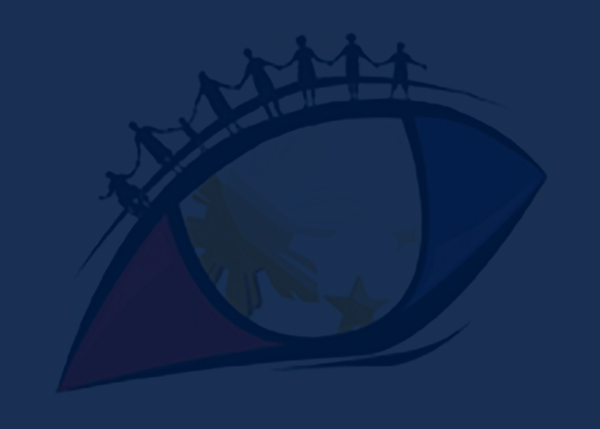On April 1, 2020, President Rodrigo Duterte addressed the nation to emphasize the seriousness of the COVID-19 pandemic, adding that the crisis is getting even worse. This is undeniable, as the number of infected has risen to 2,311 and the number of deaths due to the virus stands at 96.
He also mentioned that his government was having trouble managing its limited resources. This is however questionable, since the Bayanihan to Heal as One Act of 2020 granted the president special powers and P200 billion pesos to fund a response.
Democracy Watch echoes the concern of millions of concerned citizens, where is the government’s urgency to help the 18 million low-income Filipinos that are now without work and going hungry? And if the P200 billion of tax payer money is not being used for this purpose, then what is it being used for?
See what governments around the world have done to respond to their citizens. Countries like South Korea have conduct mass testing, with the capability of testing up to 20,000 people per day. Neighbors Hong Kong and Singapore have expanded laboratories to expand testing capacity. While Taiwan has set strict penalties for anyone who breaks an isolation protocol. Here at home no mass testing is being conducted while VIP testing is provided to some, and funds and donations are delayed, while those left most vulnerable by this crisis are left starving, wanting for government support and leadership.
During this same address to the nation, President Duterte also dissuaded concerns of corruption by public officials during this time of crisis. He also warned us not to challenge government.
But how can we ensure the former without the latter?
The only way to stop political opportunism and corruption during this time of crisis is by challenging government to be transparent in their crisis response and be accountable for the things they choose to do and choose not to do.
Paco A. Pangalangan
Convenor
Democracy Watch Philippines

